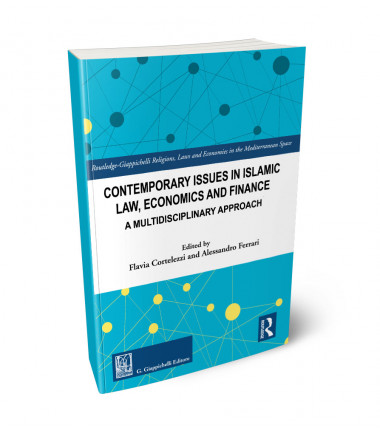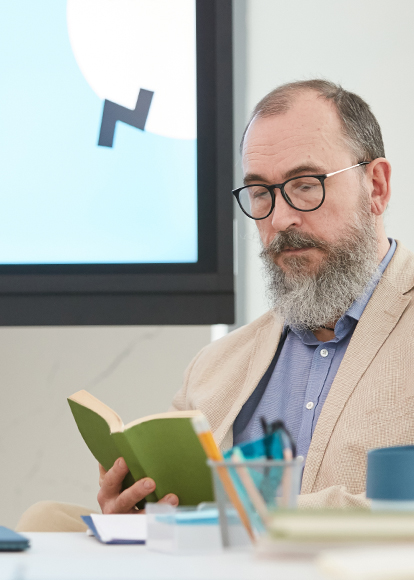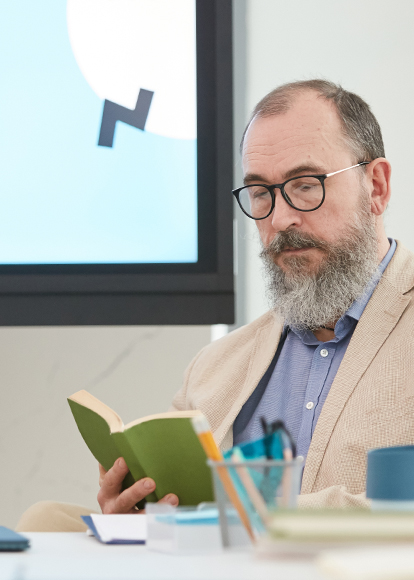
Studies in Religion, Law and Economics in the Mediterranean Space
Book Series Direction
The Director of the Book Series is appointed by the Scientific Council of the Research Center REDESM of the University of Insubria.
The Editorial Board is composed of academics belonging to different scientific and disciplinary sectors of the macro-area involved by the Book Series approved by the Scientific Council of the Research Center REDESM.
Editorial Board
Alessandro Ferrari (University of Insubria)
Flavia Cortelezzi (University of Insubria)
Anne Fornerod (CNRS- Strasbourg)
Michel Younès (Université de Lyon)
Jinan Limam (Université de Tunis – Carthage)
Michaela Johanna Neulinger (University of Innsbruck)
Michele Brignone (OASIS- Catholic University of Milan)
Kostantinos Papastathis (Aristotle University of Thessaloniki)
Roula Talhouk (Université Saint Joseph – Beirut)
Mohammed Mouaqit (Emerite Université Casablanca)
The Mediterranean was the cradle of many religious and political models, which transformed themselves into universal paradigms. Much has been written about this geopolitical space and its peoples, within the context of their religious and political institutions and their commercial and cultural exchanges. However it seems that this unitary vision, predominant in the past, has recently been replaced by a fragmented and partial approach; that one focuses on the individual regional actors only, neglecting the overall picture and the connections between the different parts.
This Book Series aims to promote an interdisciplinary analysis of the connection between the religious, social, economic, and legal aspects of the Mediterranean world. It emphasizes the role of religious beliefs and institutions as a “discursive heritage”, pragmatically used in the construction of political and economic systems. Religious phenomenology will be analysed from a diachronic and dynamic perspective to highlight the interdependence between the diversified cultural forms of the Mediterranean area. The core idea is that contemporary globalization, by re-proposing old questions in new scenarios, deepens and reveals forms of osmosis between different social systems. Globalization, and the pluralism it entails, challenges the post Second World War constitutional and democratic model, which was based on the universality of human rights, with the difficulty of realizing its promises; such a challenge reactivates tensions between contemporary universalistic claims and modern nationalistic reactions. Religion, economy, state politics, international and religious rights, and soft rules are all part of this transformation, which combines in a new way modern and contemporary paradigms.
To achieve these objectives, this Book Series is committed to publish works produced in languages different than the English one. Exchanging methods and knowledge in one of the most important languages of globalization, along with a comparative study of the relationships between the two shores of the Mediterranean, shall constitute a further step towards the overcoming of unilateral interpretations and culturally rooted stereotypes. Moreover, the Series will be linked to a web platform, created to stimulate a dialogue between researchers, but also to gather and share documents.
The Book Series “Laws and Economies in the Mediterranean Space” is an integrated academic project, organized by the Research Centre for Religion, Law and Economy in the Mediterranean Area of the Insubria University, together with other Italian and foreign academic and research institutions (among others, three Universities of Milan, the Universities of Rome III, Padua, Turin, the Oriental Piedmont and, abroad, the Universities of Carthage, Tunis and Saint-Joseph, Beirut); furthermore, it is also an educational project, aimed at stimulating a cultural exchange between students, teachers, and researchers, on the one hand, and religious, social, economic and institutional actors, on the other hand.










